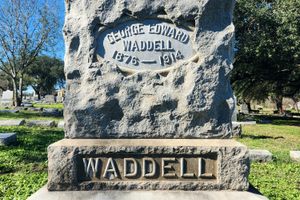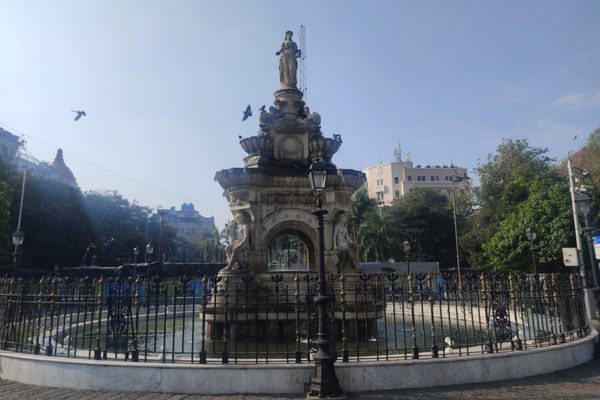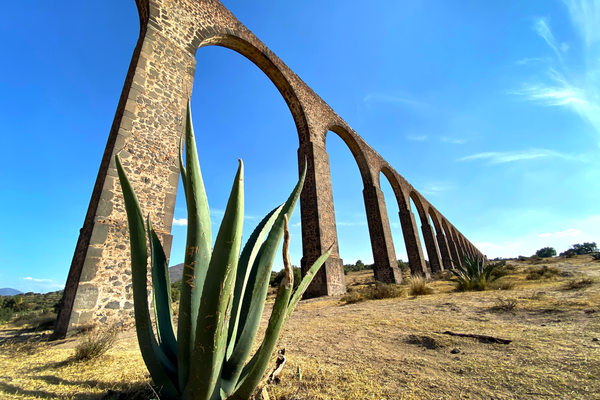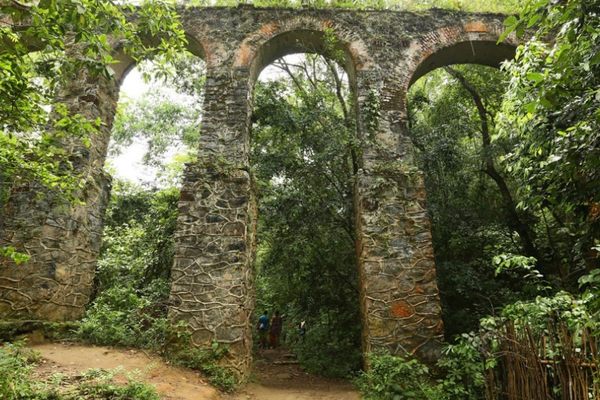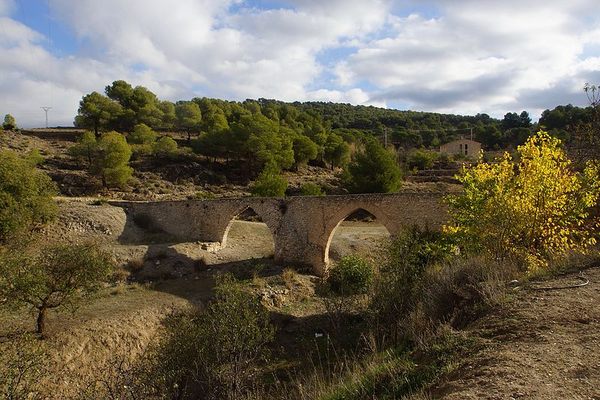About
A treasure trove of colonial Spanish architecture lies within the San Antonio Missions Historical National Park. Most tourists come to see the preserved churches and elegant ruins of settlements dating back to the 1700s. Close to the Espada Mission, you can find a piece of architecture that was pivotal to the survival of the Missions.
Built between 1731 and 1745, the Espada Aqueduct was part of a larger irrigation system, including the Espada Dam that diverted water from the San Antonio River. That water was carried to the fields of the San Antonio Missions via dugout canals that used gravity to make the water flow. The aqueduct was needed to connect the ditches on either side of 6-Mile Creek.
The Espada Aqueduct is made of two arches and a support pillar. It curves slightly to allow for continuous flow. The structure was built soundly enough to withstand centuries of floods, battles, and neglect. At one point, the arches separated from the base but still held together.
The Espada Aqueduct was purchased in 1895 by the Espada Ditch Company, which repaired it. In 1965, it was designated a registered National Historic Landmark within the San Antonio Missions National Historical Park.
Thanks to a $290,000 grant courtesy of the Great American Outdoors Act, the Espada Aqueduct was repaired in March 2023 to prevent leaking. The area around the Espada Aqueduct features a terraced park that allows visitors to admire the masonry work up close.
Related Tags
Know Before You Go
The Espada Aqueduct is easily reached by car or bike. If you are driving from San Jose Mission, you will see signs for the Espada Aqueduct as you approach Espada Mission. There is a parking lot and bathrooms. If you are biking or hiking, you can reach it on the San Antonio Riverwalk/Acequia Park Trail.
Community Contributors
Added By
Published
November 14, 2024





















